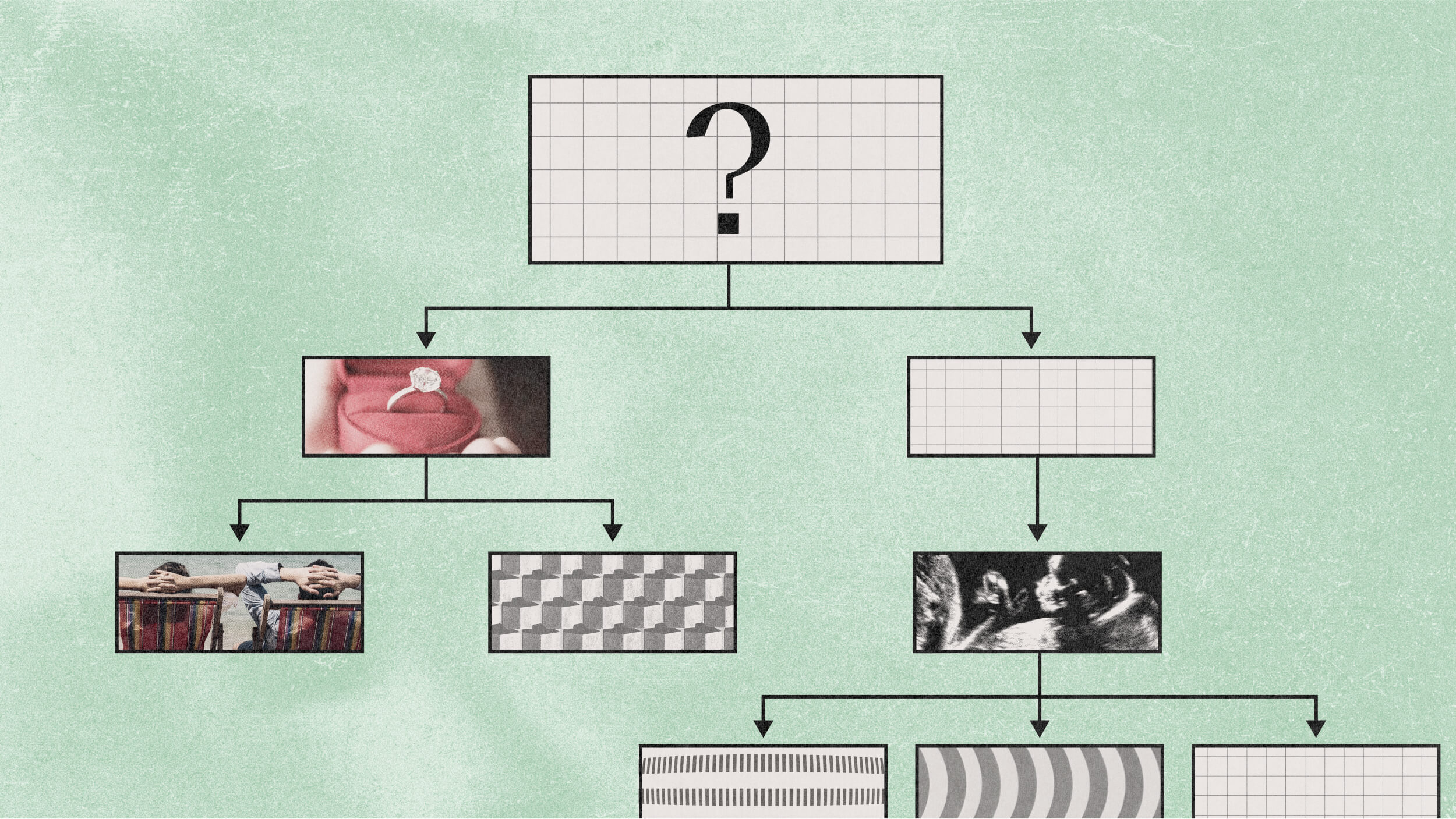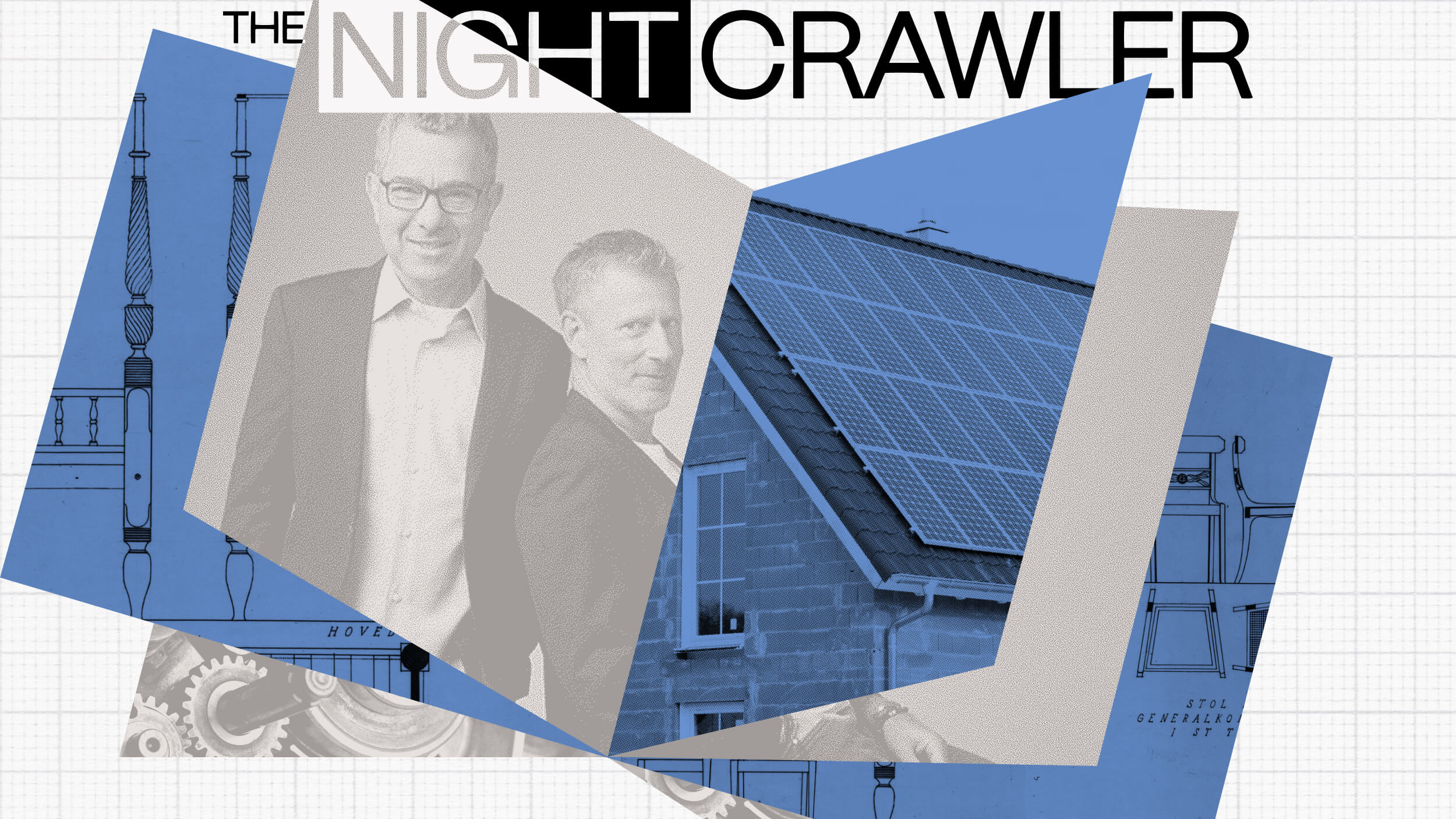The Latest in Online Learning

Anant Agrawal is the president of edX, an online learning platform founded by Harvard and MIT. As Bill Clinton said at the Global Education & Skills Forum, it’s important to never stop learning. That’s why online education is such an exciting new frontier–helping people challenge themselves, tackle fascinating new subjects regardless of where they are in life or in the world.
“edX is a learning destination where we have learners from ages of eight years old to 95 years old on our platform,” says Agrawal. While the courses are diverse and rewarding, Agrawal says that it’s harder to reach high school students due to lack of resources, including video production capabilities.
But there are ways of bringing online learning to students who may not have the resources to access it. “So our thinking there is that edX has a services team,” he says. “We’re also looking for funding from philanthropists and other foundations that might be able to provide the funding for these courses.”
Even if the digital classroom continues to catch on, there are obvious limitations to online learning. “In chemistry, it is hard to capture the smell. But you can certainly look at color and some of the other compositional issues as you titrate different chemicals in various quantities and so on,” says Agrawal.
The limitations aren’t reserved for the sciences. “Now in the humanities side there are other challenges,” he says. “Assessments tend to focus heavily on open responses such as an essay, for example, or a descriptive response.”
As any student will tell you, humanities grading tends to be subjective in the first place. “So edX addresses this challenge by developing technologies that can automatically grade and provide feedback for essays. So we have several technologies to do that, three in fact,” he says. How can you depend on a machine to grade essays? “The professor grades the first 100 essays, for example, against a rubric. And then that kind of grading trains a statistical machine learning model which can then grade a number of other essays and provide feedback,” explains Agrawal.
The advancements of online learning may become so sophisticated soon that they replace many aspects of traditional classrooms. So one day, when a student wants to argue a grade, he will have to take it up with a machine.





